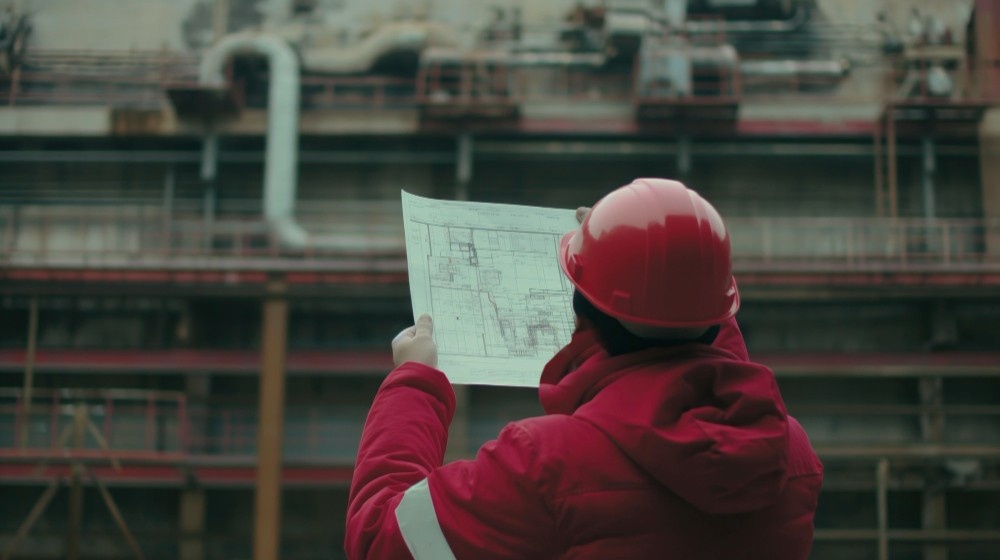
A Comprehensive Guide to Construction Cost Estimation
Construction projects in India can be rewarding and daunting at the same time. Every step of the process requires careful planning and consideration, especially when it comes to budgeting.
In project management, construction cost estimation ensures that funds are allocated wisely and expectations are met. With the expertise and guidance of VMS Consultants, a trusted Engineering Consultancy in Gujarat, you can rely on our comprehensive knowledge and experience to accurately estimate construction costs and ensure the success of your projects.
With this guide, we will explore the details of construction cost estimation, providing insights and tips from experts from VMS to help you succeed.
Understanding Construction Cost Estimation
Construction cost estimation is the process of predicting the expenses associated with a construction project, including materials, labor, equipment, permits, and overhead costs.
It involves analyzing project requirements, conducting research, and leveraging industry knowledge to develop accurate and realistic cost projections. Effective cost estimation lays the foundation for budget planning, resource allocation, and project management throughout the construction lifecycle.
Factors Influencing Construction Costs
Several factors influence construction costs in India, including:
Project Scope and Complexity:
The size, scale, and complexity of the project significantly impact construction costs. Larger projects with intricate designs or specialized requirements may require more resources and incur higher expenses.
Location and Site Conditions:
Regional variations in labor rates, material prices, and regulatory requirements can affect construction costs. Additionally, site-specific conditions such as terrain, accessibility, and infrastructure may influence project expenses.
Materials and Suppliers:
The cost of construction materials, including cement, steel, bricks, and finishes, varies based on market demand, availability, and quality. Selecting reputable suppliers and sourcing materials strategically can help manage costs effectively.
Labor and Skilled Workers:
Labor costs constitute a significant portion of construction expenses. Skilled labor shortages, wage fluctuations, and productivity levels impact labor costs, necessitating careful workforce planning and management.
Regulatory Compliance and Permits:
Compliance with building codes, environmental regulations, and permits adds to construction costs. Delays or complications in obtaining necessary approvals can result in additional expenses and project delays.
Methods of Construction Cost Estimation
Several methods are used for construction cost estimation in India, including:
Quantity Surveying:
Quantity surveyors assess project requirements, quantify materials and labor needed, and calculate costs based on unit rates and quantities. This method provides detailed cost breakdowns and is commonly used for large-scale projects.
Unit Cost Estimation:
Unit cost estimation involves assigning unit costs to various construction components based on historical data, industry standards, or benchmarking. Unit costs are then multiplied by quantities to estimate total project costs.
Parametric Estimation:
Parametric estimation uses statistical models and historical data to develop cost estimates based on project parameters such as size, complexity, and location. This method relies on regression analysis and cost databases to predict costs accurately.
Bottom-Up Estimation:
Bottom-up estimation involves estimating costs for individual project components or work packages and aggregating them to determine total project costs. This method is detailed and requires thorough analysis of project requirements.
Best Practices for Construction Cost Estimation
To ensure accurate and reliable cost estimates for your construction project, consider the following best practices:
Define Project Scope and Requirements:
Clearly define project objectives, scope, and requirements to establish a baseline for cost estimation. Identify key deliverables, milestones, and performance criteria to guide the estimation process.
Engage Stakeholders Early:
Involve relevant stakeholders, including architects, engineers, contractors, and suppliers, in the cost estimation process. Collaborative input ensures comprehensive assessment of project needs and constraints.
Utilize Multiple Estimation Methods:
Use a combination of estimation methods to cross-reference and validate cost projections. Consider the strengths and limitations of each method and adapt them to suit the specific characteristics of your project.
Factor in Contingencies and Risks:
Allocate contingency funds to account for unforeseen circumstances, risks, and uncertainties that may impact project costs. Identify potential risks and develop mitigation strategies to minimize their impact on budget and schedule.
Update Estimates Regularly:
Construction cost estimates should be dynamic and updated regularly throughout the project lifecycle. Incorporate new information, changes in scope, and market dynamics to ensure that estimates remain accurate and reflective of current conditions.
Providing Construction Projects with Accurate Cost Estimation
In conclusion, construction cost estimation is a fundamental aspect of project planning and management, playing a pivotal role in ensuring project success and viability.
Consider partnering with VMS Consultants, a distinguished Engineering Consultancy in Gujarat providing Engineering Architecture & Project Management Services to various industrial segments in India.
With our expertise and commitment to excellence, we can help you navigate the complexities of construction cost estimation, optimize project budgets, and achieve your project objectives.
Interested in getting an accurate cost estimate for your construction project? Contact VMS Consultants today to learn how we can support your project with tailored cost estimation solutions and comprehensive project management services.





